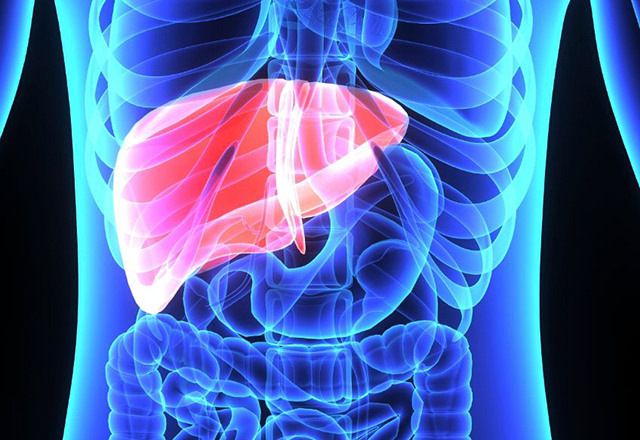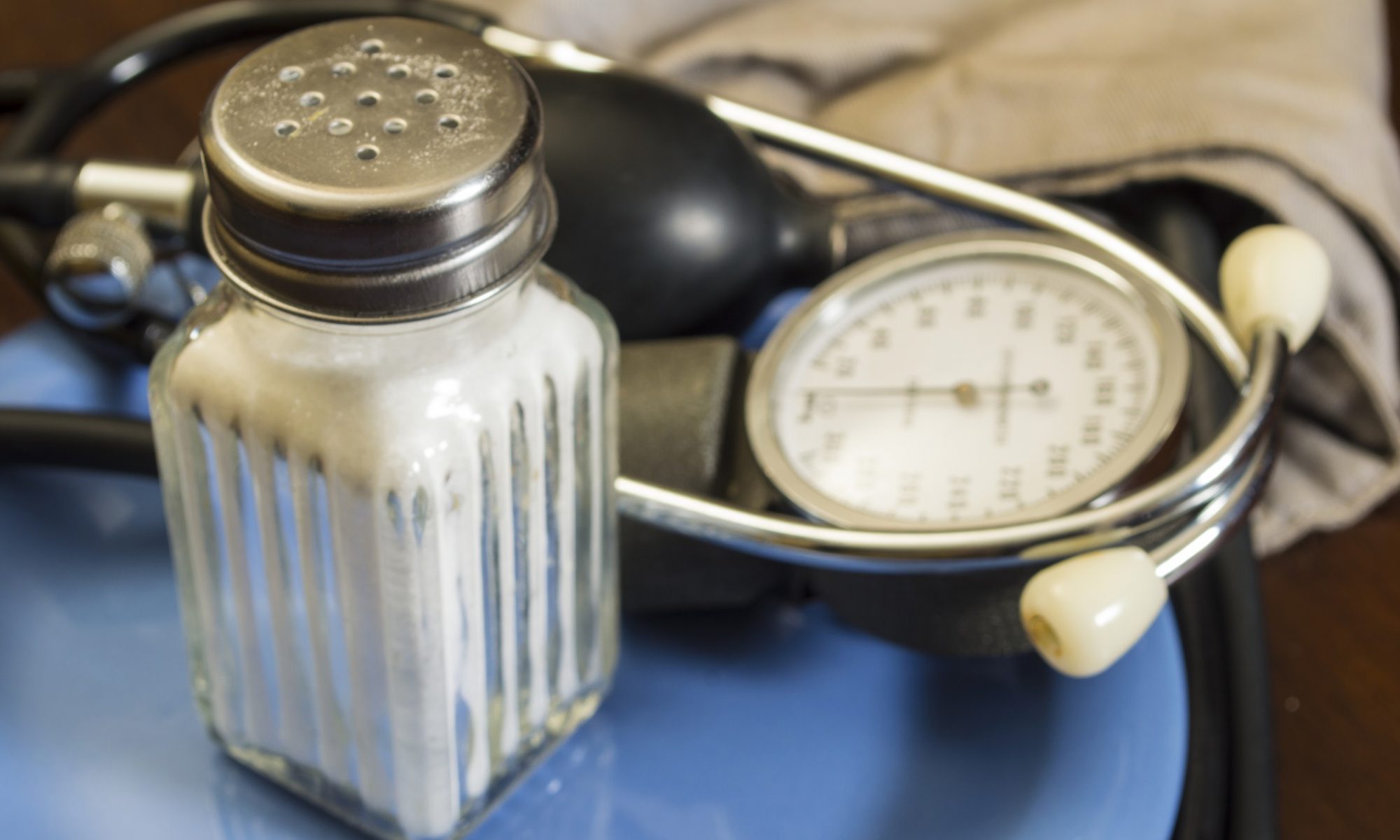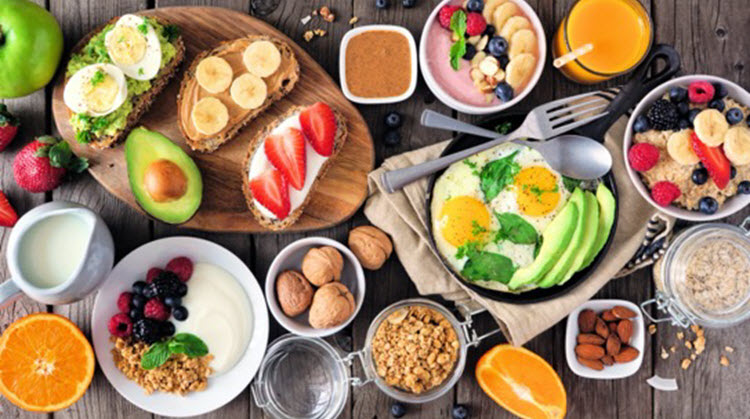Kidneys act as blood filters for the human body. Normally, kidneys filter approximately half a cup of blood every minute. During the filtration process, the kidneys remove wastes and extra water, resulting in urine. Sometimes, because of certain underlying kidney diseases, they fail to filter the blood correctly. This can lead to kidney failure. Read the full article from CBS Miami.
Latest Pig-to-Human Heart Transplant: Back to the Drawing Board?
— Researchers hope to learn more from xenotransplants in brain-dead recipients
Surgeons at New York University (NYU) transplanted two genetically modified pig hearts into individuals who were brain dead, and saw good cardiac function, with no signs of immediate rejection during a 72-hour observation period.
The xenotransplants were conducted on June 16 and July 6 at NYU Langone Tisch Hospital in New York City, and had 10 genetic modifications aimed at preventing rejection and stopping abnormal organ growth. Read more in MedPage Today.
Top in GI: Stool-based cancer screening, NASH in liver transplant recipients
A recent study found that fecal microbiota-based screening may help detect early-stage pancreatic cancer.
Researchers reported that fecal metagenomic classifiers performed significantly better than saliva-based classifiers in identifying patients with pancreatic ductal adenocarcinoma. It was the top story in gastroenterology last week. Read more in Healio.
Race disparities persist for stroke outcomes after pediatric cardiac transplant
Among pediatric cardiac transplant recipients who experience perioperative stroke, Black children are three times more likely to die beyond 6 months compared with white children, according to data from a registry analysis.
In a database analysis of pediatric transplants in the United States, researchers also found that Black children have a lower incidence of stroke after cardiac transplant compared with white children, and that mortality among survivors of perioperative stroke is initially similar by race and ethnicity. Read the full story in Healio.
Mortality Numbers Put the Humble Salt Shaker in the Hot Seat
— Cancer, cardiovascular deaths associated with salt used outside cooking
More generous use of salt outside cooking was associated with premature mortality — but not in people eating more potassium rich-foods such as vegetables and fruits — according to a study of over half a million people.
Participants from the U.K. Biobank reported their frequency of table salt use, with higher use linked to a rising risk of all-cause mortality over a median 9.0 years of follow-up (P<0.001 for trend):Never: adjusted HR 1.00 (reference)
-Sometimes: adjusted HR 1.02 (95% CI 0.99-1.06)
-Usually: adjusted HR 1.07 (95% CI 1.02-1.11)
-Always: adjusted HR 1.28 (95% CI 1.20-1.35)
Read the full article in MedPage Today.
Health care professionals, patients agree on pathway for improving type 2 diabetes care
New results have suggested an alignment of the perceived needs and wishes for improved type 2 diabetes care among people with diabetes and health care professionals, although important health care gaps persist.
“Globally, type 2 diabetes care is often fragmented and still organized in a provider-centered way, resulting in suboptimal care for many individuals,” Anthony Russell, MBBS, PhD, FRACP, director of endocrinology at Princess Alexandra Hospital and honorary associate professor at the Centre for Health Services Research at the University of Queensland in Brisbane, Australia, and colleagues wrote. Read more in Healio.
Liver transplant patients with prior drinking problems can do well after transplantation, USC study finds
Researchers at Keck Medicine of USC say the established waiting list inclusion/exclusion criteria warrant a closer look.
Anew USC study shows that liver transplant patients with established alcohol abuse issues prior to transplantation can do as well as, or better than, others who receive new livers — a finding that challenges longstanding selection criteria.
“The assumption has been that liver failure patients who continue to use alcohol are poor transplant candidates because they aren’t motivated to take care of the donor organ,” said senior author Brian Lee, a liver transplant hepatologist at Keck Medicine of USC. “However, that view is not supported by the data.” Read more from USC News.
Genetically engineered pig hearts successfully transplanted into two brain-dead humans
A team at NYU Langone Health successfully transplanted two genetically engineered pig hearts into recently deceased humans in June and July, part of an effort to create a xenotransplantation protocol for people with heart disease.
The two xenotransplants were performed June 16 and July 6 with two recently deceased donors maintained on ventilator support at NYU Langone’s Tisch Hospital. The team of surgeons then monitored heart function for 3 days for each donor.
Read the full article in Healio.
Keto Versus Mediterranean Diet: Which Is Better for Diabetes?
— Crossover study looked at cardiometabolic outcomes for each popular diet
Both the ketogenic and Mediterranean diets successfully cut blood sugar levels in patients with prediabetes or type 2 diabetes, according to a small randomized crossover trial.
Among 33 adults, the well-formulated ketogenic diet (WFKD) resulted in a 9% drop in HbA1c values after 12 weeks, while the Mediterranean-plus diet (Med-Plus) resulted in a 7% drop, reported Christopher Gardner, PhD, of Stanford University in California, and colleagues. Read the article in MedPage Today.
COVID-19 vaccines saved nearly 20M lives in first year, study finds
COVID-19 vaccination “fundamentally altered” the pandemic by saving nearly 20 million lives in the first year that vaccines were available, researchers found using a mathematical model.
“We wanted to conduct this study to understand how much worse the pandemic could have been without vaccination and, in doing so, demonstrate how many lives have been saved by generating and distributing vaccines as quickly as we did,” Oliver J. Watson, PhD, Schmidt Science Fellow at the MRC Centre for Global Infectious Disease Analysis of the Imperial College London, told Healio. “From an investment angle, these types of estimates will also underpin how we will evaluate the global vaccination campaign.” Read the full story in Healio.








